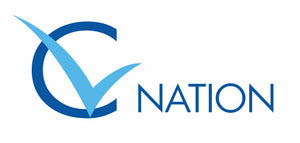This may seem like a very daunting question. How do you describe a time you failed in sales without showing the recruiter that you’re not right for the job?
The fact is, we all fail sometimes.
Recruiters aren’t trying to find out if you’re perfect with this question. They simply want to know if you’re capable of using your failures as an opportunity to improve.
Considering using the STAR method when answering behavioural questions such as this one. STAR, which stands for situation, task, action, result, is a method used to answer job interview questions. When using this method, you start by describing the situation, followed by the task, the action you took and the end result.
Here is an example answer to this question:
‘When I was employed as a sales representative at Example Company, I was tasked with closing 25 sales per month. By the end of October, I had only closed 23 sales. I spoke with my supervisor about where I had gone wrong and we determined I could’ve done more to build productive relationships with potential clients. Since this experience, I have always gone above and beyond to build profitable relationships and I have exceeded all sales targets.’
